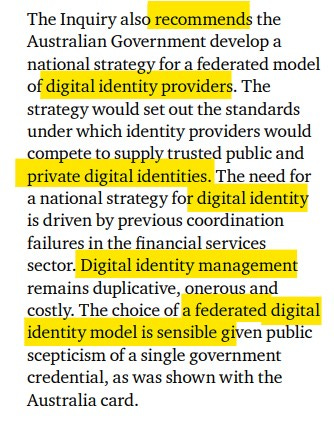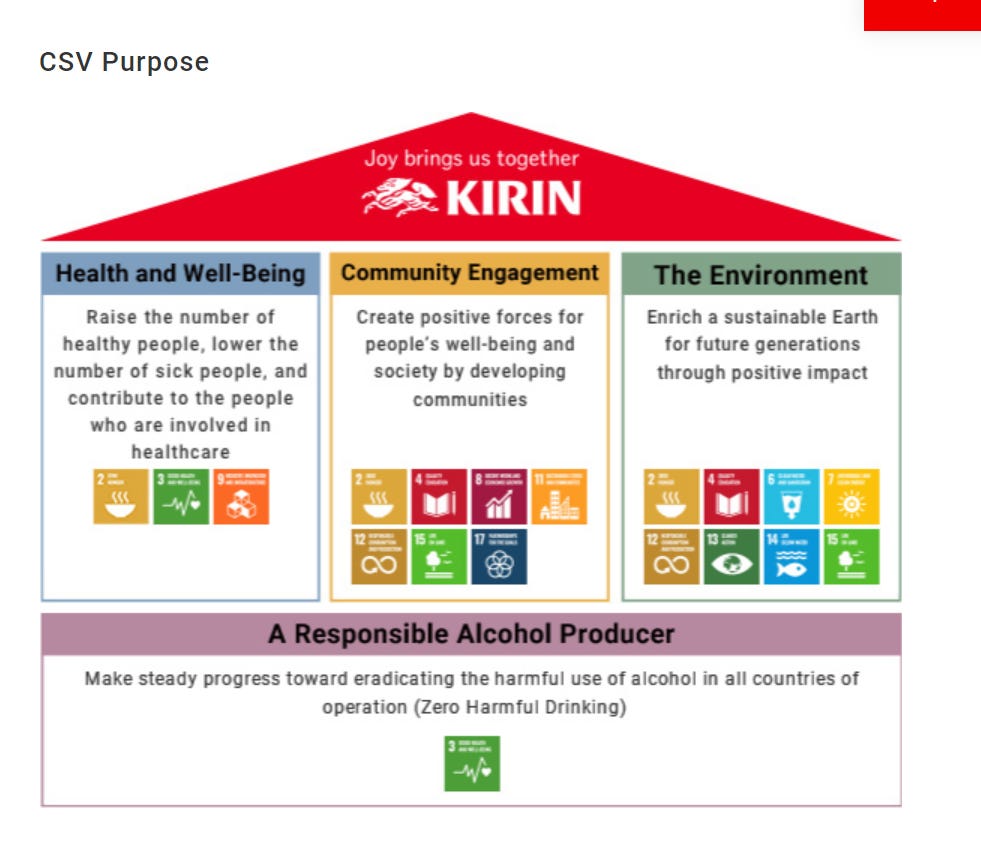Conflicts of Interest & Flawed Research: PPPs in New Zealand
A short summary of entities driving PPPs in NZ and who some protagonists are.
I’ve written previously about Public Private Partnerships (PPPs). Here, I summarise factors driving PPPs in NZ. I outline investment entities influential in policy-making, name some individuals involved and explain what a NZ PPP project looks like. Along the way, I describe flaws that add to existing tensions in PPP policies for our fragile coalition Government.
NZ Infracom: Government ‘experts’ on PPPs
Over ten years ago, the New Zealand Infrastructure Commission (‘Infracom’ as they call themselves) published some guidance on PPPs. Infracom describes itself as “the government’s expert advisor on major infrastructure procurement and delivery, including the use of innovative and alternative procurement and financing models”. Explaining how the PPP model was applied in NZ. They stated:
A focus on service outcomes. The construction of a new infrastructure asset, or substantial enhancement of an existing asset, to facilitate the delivery of service outcomes. The delivery of service outcomes by a private sector partner for a defined period (often between 20-30 years). The efficient allocation of risk to the party best able to manage that risk. The separation of ownership (retained by the public sector) and financing (provided by the private sector partner) to provide meaningful risk transfer and management. The application of a payment for performance regime to incentivise the delivery of specified service outcomes and to penalise non-performance
The Chair of Infracom is Dr Alan Bollard, who, conveniently, was Governor of the Reserve Bank of New Zealand for 10 years until 2012, as well as Executive Director of Asia Pacific Economic Cooperation (APEC) Secretariat and Chief Executive and Secretary to the New Zealand Treasury.
The revolving doors of power are evident with other Board members, too, including ‘celebrity speaker’ (wow!) Sue Tindal - Exec Director of Digi-bank Bankwest (which has already closed all branches), previously CEO at Westpac and the Commonwealth Bank of Australia. Previously a Director at PriceWaterhouse Coopers where she published promotions of digital IDs (see below). She has also been the Group Chief Financial Officer at Auckland Council.

Other Board members include, Raveen Jaduran, who, you won’t be surprised to know had previous senior roles in NZ’s troubled drinking water provider Watercare Services Ltd and also Australian irrigation firms. And Geoff Hunt who was CEO of at least four companies connected to private electricity and telecomms providers.
Q: Do you think these Board members may hold certain worldviews about PPPs that could influence their advice to Governments?
Infrastructure Partnerships Australia - who are they?
In case Infracom was accused of any bias, it called on a ‘think tank’ called Infrastructure Partnerships Australia (IPA) to assist with ‘research’(!) In 2020 IPA published what Infracom [laughingly] called an ‘independent report’ about PPPs in this hemisphere - after a “well-overdue review of the past 25 years of investment”. Strangely, New Zealand wasn’t mentioned in the draft methodology of the report (even though Infracom claims it does). Maybe it was added? It was (yawn) published by consultants at the University of Melbourne. Skipping to the (short) list of references at the end is enough to tell us all we need to know: it was out-of-date and too narrow in scope before it was even published. But as I explain below, the shallow and self-congratulatory outcomes from this ‘research’ were already, sadly predictable.
Conflicts of Interest and PPPs in NZ
To start with, the IPA is also inevitably headed-up by a Board of now all-too-familiar names from banking and construction companies that feed the GloboCap machine.
And you know how these names return to haunt us? Like Gove and Blair?
Sir Rod Eddington is one of those names, now aged 74. Famously, previously CEO of British Airways (remember the Concorde fiasco?) and still connected to the Board of Murdock’s NewsCorp, in Australia and NZ. Alongside being Chair of IPA, Eddington is also Chair of J P Morgan Asia-Pacific and, like Bollard (above), also on the Board of APEC. True to the ‘Philanthropaths’ element of PPPPs, he is also Chair of the Alfred Foundation (Healthcare).
Back in 2006, encouraged by then-British PM Tony Blair, Eddington published the controversial report that ushered-in Road Tolls in London. The first of many such strategies exploiting hard-working citizens for commercial gain. (Perhaps Globocaps first victory over the people towards the 15-minute cities?) As Eddington predicted, those first partnerships proved to be the beginning of exponential growth of PPPs - that slowly-boiling-frog closing the gap between citizen’s rights and shareholders’ profit. Yup, a new kind of fascism. BTW I wrote about Blair’s negative influence on our Education systems with PPPs here:
When did Blair's 1997 Pledge "Education, Education, Education" turn into "Indoctrination, Indoctrination, Indoctrination"?
I was there - well in the UK at least. In 1997. When a youthful-looking, some would say ‘charismatic’ Tony Blair, took over leadership of the Labour Party, renaming it ‘New Labour’ whilst paradoxically assimilating Thatcherite policies. Upon reflection that was defining moment when there was no longer any meaningful choice at our next General Election. …
Sir Rod was also, unsurprisingly, a Non-Exec Director of mining giant Rio Tinto and apparently retains links to entities like alcohol manufacturer, Kirin Holdings. Incidentally - I have to share this because it’s almost satire - Kirin presents its (drunken?) compliance to the UN SDGs:

In a tragically now prophetic interview with the Australian Inst for Directors in 2008, Eddington was asked: “Some commentators believe a lack of regulation is the root cause of the US financial crisis. Do you believe global finance markets and institutions need more regulation?” …to which Sir Rod responded:
"Be very careful with regulation because inappropriate regulation can constrain an economy. To jump to the conclusion that the global economy would be in better shape if the US financial sector had more regulation is to miss the point.” (my emphasis)
At that time, Eddington was overseeing one of “the largest takeover attempts first-hand on […] the Rio board. [So] What advice would he give directors…?”
Directors have to be clear about what their decisions mean for shareholder value. You put the interests of the company and its shareholders above all else.
I don’t want to dwell on IPA Board members, but ‘little New Zealand’ often takes its economic cues from Australia, so this PPP report is significant. It’s important to note how IPA Board members have senior roles with other PPP giants like Ernst & Young (now coded to ‘EY’), construction companies like (disastrously delayed and costly) Auckland City Rail-link partner Aurecon, the CEO of Sydney Airport, Director at Macquarie Capital, Execs at the BMD group and private equity firms like Wall Street’s Capella Capital. Representatives from Gov are also present, like New South Wales Treasury, Sonya Campbell, who conveniently previously had a 20 year career in PPP management. Yet the IPA claim that: “We exist to shape public debate and drive policy reform to help Australia achieve the best possible social and economic outcomes.” Which begs the question - best for whom?
Current Policies and PPPs in New Zealand
Although PPPs began in the UK in the 1990’s, they weren’t implemented in Australia and NZ until 2000. By 2010 a National Infrastructure Plan (NIP) confirmed a ‘step change’ allocated NZ$7.5 billion PPP investment over the next 5 years which apparently increased 10x in the following years. In the beginning, the PPP model was purely “Design, Build, Finance, Maintain” (DBFM) but evolved into service provision, like that in Auckland’s ‘Correctional Facility’ run by SERCO.
The SERCO PPP has a long history of poor quality outcomes, including complaints from inmates and their families. Staff turnover is high and assessments from regulators continue to find serious shortcomings. Over the years, little has improved. In the covid era, I wrote about how ‘vaccine’ mandates impacted NZ prisons here:
Prison Propaganda, Public Private Partnerships (PPPs) and 'Vaccine' Mandate Exemptions in New Zealand
One of my roles BC (Before Covid) was being one of the 2,000 volunteers for the NZ Dept of Corrections. I was Tutor for prisoners who were keen to learn - from basic literacy and numeracy to a Degree in Law, it was a challenging task, but rewarding. We had limited resources and no technology, but my students were enthu…
In conclusion, returning to the IPA ‘independent’ report on PPPs, it found that:
“… most service providers reported their PPP project as having delivered on the ‘service delivery outcomes’ promised by government and delivery agency at the project outset. Most service providers also ‘expressed a strong appreciation of the quality of services provided’ by PPP facility management. Most service providers and contract managers participating in the study expressed a preference for ‘working in a PPP facility and service contract over a traditional government-owned and operated facility.”
It’s no surprise. Academic-consultants, themselves part-funded by corrupt PPP-funded partners like University of Melbourne, commissioned by PPP-profiting private equity banks, impact investors, construction contractors and PR firms published a report that promotes ever-more taxpayer dollars to be spent on PPPs. Meanwhile, evidence that confirms existing PPPs provide taxpayers poor value for money, with appalling levels of service in publicly-owned assets that are deliberately demolished, is ignored. And the inherent ‘commercial sensitivity’ of PPPs is an excuse for Governments to prevent transparency and accountability.
Having outlined how we got here, next I’m going to outline what PPPs exist in NZ currently and what the future looks like for PPPs going forward.










Those Charter Schools that someone hired David Seymour to institute in NZ are PPPs too.
As are “Integrated Schools” more or less.
It's not surprising ... nothing is surprising anymore ... the general public confirmed as brainwashed 'goldfish' ... that don't care about anything ... unless MSM 'winds them up' like clockwork toys ...
I put Tony Blair (I was there too) in the same 'sinister box' that I put Obama in ... at first, I didn't mind Tony Blair ... but as time went on ... I came to loathe the man ... and that 'scale' has kept rising over the years ... one of the most hideous 'puppets' on the planet ...
The World has signed up to a lot over the decades .... and unfortunately, people are going to get what they have 'paid' for ... or yet to pay for ...
Kiwis have become dumbed-down idiots ... who just don't want to know what is happening to them ... they are swimming in MSM propaganda ... and by the time the sharks have bitten enough of them ... for them to start getting out of the water ... it is going to be well and truly ... too late ...
We need you ... and a lot more people like you Ursula ... running our Govt ...
Thank you ... and regards
pb